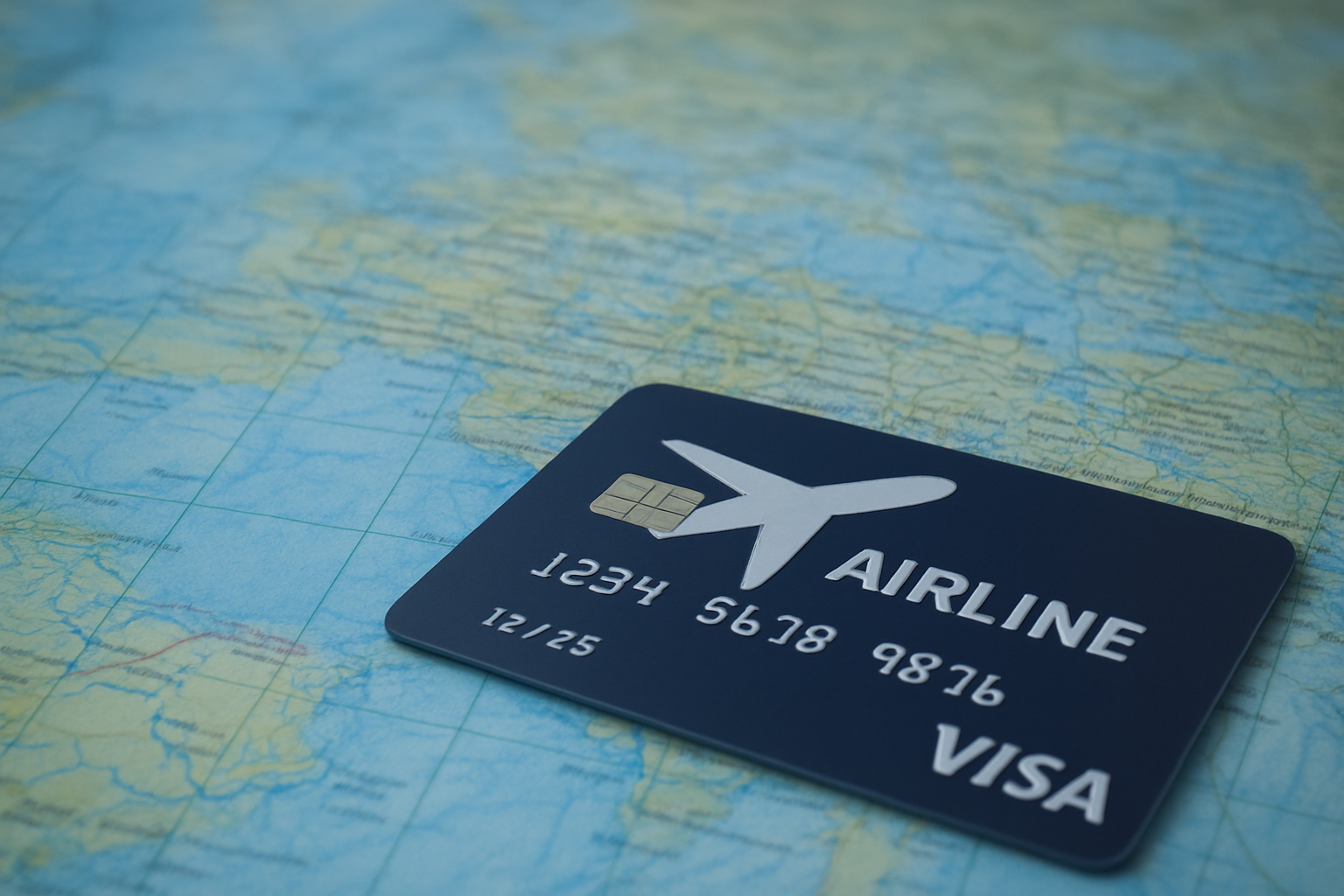Building Credit for Digital Nomads: Your Ultimate Guide to Financial Freedom
Managing credit as a digital nomad comes with unique challenges that traditional financial advice doesn’t fully address. While most credit-building guides assume you have a fixed address and steady local income, the reality of working across borders demands a different approach. Whether you’re preparing for location independence or already managing your finances across continents, understanding how to build and maintain good credit is crucial for long-term financial stability.
The Digital Nomad’s Credit Dilemma
The truth about credit management while working remotely is that it requires more planning and attention than you might expect. Banks and credit institutions aren’t typically designed for people who frequently change locations and earn in multiple currencies. This creates real challenges for digital nomads trying to maintain or improve their credit scores. However, with the right strategies and tools, it’s entirely possible to build excellent credit while embracing a location-independent lifestyle.
Why Your Credit Score Matters More Than Ever
Picture this: you’ve found the perfect co-living space in Lisbon, but they require a credit check. Or maybe you’re eyeing that premium travel credit card with amazing airport lounge access and travel insurance. Without a solid credit score, these opportunities might slip through your fingers. Here’s why building credit is particularly crucial for those of us embracing the nomadic lifestyle:
- Access to premium travel credit cards with invaluable perks
- Better exchange rates and lower foreign transaction fees
- Emergency funding options when you need them most
- Easier approval for international apartment rentals
- More competitive rates on travel insurance
The Building Blocks of Your Credit Score: A Nomad’s Guide
Having spent years navigating the complexities of maintaining credit while traveling, I’ve learned that understanding how credit scores work is half the battle. Let’s break down the factors that influence your score, with a special focus on how they apply to the digital nomad lifestyle.
Payment History (35% of Your Score)
Your payment history is the heavyweight champion of credit factors, accounting for 35% of your FICO score. As someone who’s lived across multiple time zones, I can’t stress enough how crucial it is to automate your payments. Here’s what you need to know:
- Set up automatic payments for all your credit cards
- Use apps like Mint or YNAB to track due dates across time zones
- Keep an emergency fund in your home currency for payments
- Consider keeping a base bank account in your home country
Credit Utilization (30% of Your Score)
This is the percentage of your available credit that you’re using, and it’s particularly tricky for digital nomads who often rely heavily on credit cards for travel expenses. I aim to keep mine below 30%, even during heavy travel months. Here’s how:
- Request credit limit increases before long trips
- Make multiple payments throughout the month
- Consider opening a backup card for emergencies
- Track your utilization with credit monitoring apps
Length of Credit History (15% of Your Score)
This is where many digital nomads face a challenge, especially if they’ve closed old accounts before hitting the road. Keep your oldest accounts active by:
- Making small recurring charges on old cards
- Setting up automatic payments for these charges
- Keeping at least one card from your home country active
- Regularly checking old accounts for suspicious activity
Credit Mix (10% of Your Score)
While maintaining different types of credit might seem challenging as a nomad, there are creative ways to diversify:
- Consider a personal loan for major purchases
- Look into credit-builder loans
- Maintain a mix of rewards and low-interest cards
- Explore secured credit cards if you’re just starting out
New Credit (10% of Your Score)
Be strategic about opening new accounts. As tempting as new travel cards might be, space out your applications:
- Research card benefits thoroughly before applying
- Time applications around major expenses
- Keep track of application dates and credit inquiries
- Consider the long-term value of each new card

Essential Tools for the Credit-Conscious Nomad
After years of trial and error, I’ve found these tools invaluable for managing credit on the road:
Credit Monitoring Services
- Credit Karma: Free monitoring and alerts
- Experian: Weekly score updates and identity protection
- MyFICO: Comprehensive credit analysis tools
Digital Banking Solutions
- Wise (formerly TransferWise): Multi-currency accounts
- Revolut: Global spending with great exchange rates
- N26: Digital banking with no foreign transaction fees
Budgeting and Payment Tracking
- YNAB: Comprehensive budget management
- Mint: Automatic expense categorization
- Personal Capital: Investment and credit tracking
Advanced Credit-Building Strategies
The Secured Card Strategy
If you’re just starting your credit journey, secured cards can be a fantastic stepping stone. I started with the Discover it® Secured card, which graduated to an unsecured card after eight months of responsible use.
The Card Combo Approach
Consider maintaining a strategic combination of cards:
- A premium travel card for major expenses
- A no-foreign-transaction-fee card for daily spending
- A backup card from your home country
The Credit-Building Timeline
Building credit takes time, but here’s a realistic timeline:
- 6 months: Establish initial credit history
- 1 year: Qualify for better credit cards
- 2 years: Access premium travel rewards cards
- 3+ years: Achieve optimal credit mix
Common Credit Pitfalls (And How to Avoid Them)
- Forgetting payment due dates across time zones
- Solution: Set calendar reminders in both local and home time zones
- Maxing out cards during extended travel
- Solution: Maintain multiple cards and actively manage utilization
- Losing track of accounts while moving
- Solution: Use a password manager and maintain detailed financial records
- Neglecting credit monitoring while traveling
- Solution: Set up automatic alerts and regular check-in routines
Looking Ahead: The Future of Credit for Digital Nomads
The financial landscape for digital nomads is evolving rapidly. We’re seeing more financial products catered specifically to location-independent professionals, including:
- Virtual credit cards with built-in expense tracking
- International credit scoring systems
- Digital-first banking solutions
- Global credit reporting initiatives
Maintaining Credit Health on the Move
Building credit as a digital nomad requires dedication and consistent attention to your financial habits. While the process may take time, the benefits of maintaining good credit extend far beyond just accessing better credit cards—it provides the financial flexibility and security needed to sustain a location-independent lifestyle long-term.
Remember that building credit is an ongoing process that requires regular attention and adjustment as your circumstances change. By implementing these strategies and staying proactive with your credit management, you’re investing in your ability to maintain true financial and geographical freedom.
For more detailed information about credit scores and financial management, visit MyFICO and NerdWallet. Always consult with financial professionals for advice specific to your situation.













